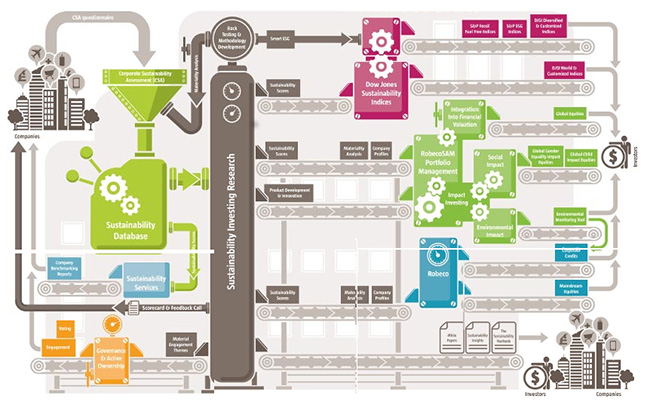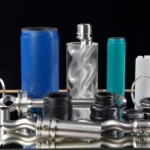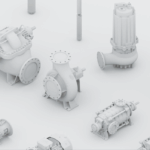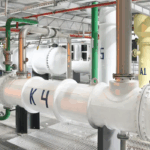 A zero waste economy is an economy that aims to rethink growth and focus on positive outcomes for society. This includes the gradual de-linking of economic activity from the consumption of finite resources and the design of a waste-free system. The zero waste model, which relies on the transition to renewable energy sources, creates economic, natural and social capital. It is based on three principles:
A zero waste economy is an economy that aims to rethink growth and focus on positive outcomes for society. This includes the gradual de-linking of economic activity from the consumption of finite resources and the design of a waste-free system. The zero waste model, which relies on the transition to renewable energy sources, creates economic, natural and social capital. It is based on three principles:
- plan economic activities without waste and pollution
- Ensure that products and materials are used for a long time
- revive natural systems
Recently, the packaging industry has been criticised a lot in the press. Can the ideas of a zero-waste economy be attributed to this business at all?
As we all know, the negative image of plastic packaging is particularly reinforced by the evidence of waste dredged from the sea, which is caused by waste management errors. From a technical and production standpoint, PET, glass and metal jars are fully recyclable. It is also economically viable: a bale of PET bottles can cost between €300 and €600 per tonne, depending on the quality. The main pillar of a zero-waste economy is recycling. Recycling means no landfill, no marine litter and less depletion of natural resources. Today, the limiting factor, which also affects the production of cardboard, glass and aluminium, is collection: the recycling technology exists, and the demand for recycled food-grade PET exceeds supply.
The EU directive, among other things, forces the collection percentage to be raised to 90%, which will allow recycling to develop further. However, for any recycling initiative to succeed, it needs a suitable scheme and the support of local government and key decision makers. Legislators have begun to realise that in order for PET and other packaging materials to remain in the value chain, infrastructure is needed to collect and reuse them.
Europe has now set high targets for the collection and recycling of packaging materials. How will this affect the packaging industry?
For us in the industry, this is actually a great opportunity for progress. It will show consumers that materials such as 100% recyclable PET have value in their own right and can be successfully recycled and reused. PET does not have to be part of the problem. However, we will not be able to solve the problem of PET reuse on our own. With this in mind, we constantly cooperate with FMCG manufacturers, brand owners, and other OEMs.
How does Sidel work with the zero waste economy?
Sidel has always worked within the framework of a zero-waste economy, but expectations in this area have recently become higher. Initially, one of the driving factors behind the switch from PVC to PET was the latter's 100 per cent recyclability, mainly for fibre and other non-food applications.
If you close the packaging life cycle by mechanically recycling food grade plastic from bottle to bottle, it can have real results. It depends on the country or region. For example, it was only in 2008 that a specific regulation was adopted that applies to the whole of Europe to ensure that food grade plastic can be safely used for food plastics. However, there are still countries that do not allow the use of recycled PET in direct contact with food, such as India and Thailand. Every day, Sidel strives to eliminate all waste, reduce greenhouse gas emissions, reduce water and energy consumption and promote the suitability of recycled products.
How do you see the future of PET?
PET 4.0 is a combination of virgin PET, recycled PET and bio-PET, where recycled PET (whether mechanically or chemically processed) predominates. Bio-PET is partly already a reality, but still has to prove that it offers reasonable economies of scale: it is mainly a question of time and investment.
We are closely following the progress in chemical recycling: it will require much more energy than mechanical recycling, but it may allow us to increase the number of recycling cycles indefinitely. There are many initiatives in this direction, and I hope that in a few years we will see a breakthrough that will allow us to support an infinite number of recycling cycles.



